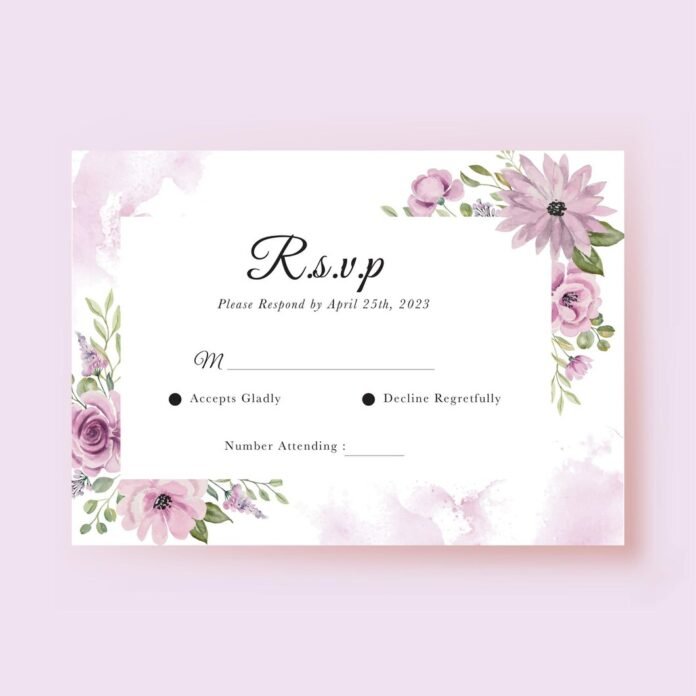alyson h belcourt Marriage license are a fundamental part of societal traditions and legal processes, acting as the official gateway to the institution of marriage. Recently, a growing interest has emerged surrounding Alyson H. Belcourt and her marriage license. But who is Alyson H. Belcourt, why is there curiosity surrounding her marriage license, and what exactly is the significance of these legal documents? This blog will explore these questions in detail.
Whether you’re seeking information for legal, genealogical, or personal reasons, understanding marriage licenses—and the conversation about their accessibility and privacy—is essential. Along the way, we’ll discuss what marriage licenses are, how they’re obtained, and the balance between public records and individual privacy.
Who is Alyson H. Belcourt?
While there’s little verified information about Alyson H. Belcourt readily available, the notable public curiosity surrounding her marriage license has raised questions about the accessibility and purpose of such records. It isn’t uncommon for notable individuals, or people connected to widely reported matters, to attract public attention.
This interest might stem from a personal connection, interest in genealogy, or broader legal inquiries. Regardless of the specific details in Alyson H. Belcourt’s case, general curiosity about marriage licenses highlights the relevance of these documents in legal and historical contexts.
What is a Marriage License?
A marriage license is a legal document issued by a governmental authority, granting permission for two individuals to get married. It serves as an official record and ensures that both parties meet the legal requirements for marriage within their jurisdiction.
Key Information Found on a Marriage License:
- Names of Both Individuals: The full legal names of those intending to marry.
- Date and Place of Marriage: The designated venue and date of the wedding ceremony.
- A Witness or Officiant’s Signature: Proof that the marriage was conducted in accordance with local laws.
- Consent and Age Verification: Assurance that both parties meet the legal age for marriage or have parental/legal consent if underage.
Marriage licenses are essential to validating a union both legally and socially, enabling rights, responsibilities, and benefits shared between spouses.
Marriage Licenses: Public Records vs. Privacy
This accessibility is intended to promote transparency, enable genealogical research, and verify legalities. However, public access can conflict with the privacy concerns of individuals who may prefer to keep their marital details confidential.
The Debate
- Pro Public Access
Open access ensures accountability and helps prevent fraudulent claims regarding marital status. It also aids historians and genealogists in researching familial and societal histories.
- Pro Privacy
With digital record-keeping and online databases, public access can inadvertently lead to misuse or unwanted attention, particularly for individuals like Alyson H. Belcourt, who might encounter more scrutiny than the average person.
Striking a balance is vital. Local laws often determine how much information can be accessed and by whom. Some jurisdictions allow only select information to be available publicly, with additional details requiring specific requests or legal authorization.
How to Obtain a Marriage License
If you’re curious about obtaining a marriage license or researching existing licenses, it helps to understand the general process.
Steps to Obtain a Marriage License:
- Research Local Requirements
Every jurisdiction has its own rules. Look into the legal age, required identification, and residency requirements to ensure you’re eligible.
- Visit the Clerk’s Office
Both parties will need to be present with valid identification (such as a driver’s license or passport).
- Provide Necessary Documentation
Bring documents like birth certificates, proof of divorce (if applicable), and other requested forms.
- Pay the Fee
Licenses typically come with a small processing fee, which varies between regions.
- Complete the Application
Fill out the application truthfully, and ensure all provided information matches your official documents.
- Wait for Approval
Some locales issue licenses immediately, while others may have a waiting period.
- Have the Ceremony
Once issued, the marriage license must be signed by an officiant and witnesses during the ceremony to become valid.
Understanding these steps can simplify the process and ensure you’re meeting all legal requirements.
Case Study: Public Marriage License Controversy
To contextualize the Alyson H Belcourt marriage license discussion, examining a similar high-profile case can provide perspective.
One notable instance involved a well-known celebrity couple whose marriage license became public. While intended to verify their legal union, the exposure of their license led to viral speculation about private details, such as the location of their wedding and potential prenups. The case reignited discussions about the extent to which public figures should forfeit privacy regarding their personal lives.
Navigating the Relevance of Marriage Licenses
The interest surrounding Alyson H. Belcourt’s marriage license serves as a reminder of how integral these documents are to society. They not only validate two individuals’ decision to marry but also form part of the legal framework safeguarding personal and property rights within a union.
However, as digital access grows, the balancing act between public access and personal privacy becomes even more crucial. Whether you’re applying for a marriage license or accessing one for research purposes, understanding the rules surrounding these documents can help you approach the process with confidence.
Insights and Takeaways:
- Respect boundaries around others’ personal information, even when public records are available.
- If privacy is a concern, look into the policies in your jurisdiction to ensure your information remains as secure as possible.
By mastering the intricacies of marriage licenses, you can actively participate in shaping meaningful conversations about privacy and public access.


